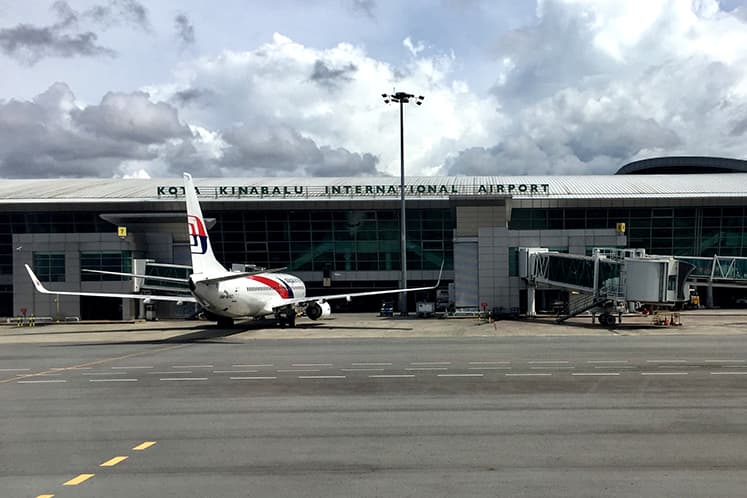
KUALA LUMPUR (Oct 23): More than 20 million passengers in Malaysia will enjoy a lower passenger service charge (PSC) following the introduction of the regulated asset base (RAB) framework, says the Malaysian Aviation Commission (Mavcom).
Among the airports that are expected to charge lower PSC rates are Langkawi, Penang, Kota Kinabalu, Kuching, Miri, Sibu, Tawau, Lahad Datu, Kota Baru and Alor Setar.
In a statement today, Mavcom said it is in the final stages of completing its RAB framework, which forms the basis for funding and developing the airport network in the country.
It added that the total planned development spending for the first regulatory period (2020-2022) and the new PSC, landing fees and aircraft parking fees will also "be announced soon", with a view to implement the new rates come Jan 1, 2020.
The commission expects the finalised RAB framework to 1) ensure adequate funding is available to meet Malaysia’s airport maintenance and development needs; 2) institute conditions for more disciplined capital expenditure spending in Malaysia’s airport sector; 3) eliminate any need for government subsidy or government expenditure in the airport’s development and management; 4) create differentiated PSC rates for groups of airports, depending on their service levels and infrastructure; 5) reduce the PSC for almost all commercial airports in Malaysia and ensure airport charges in Malaysia remain amongst the lowest in the region; 6) enable a level playing field and an environment for healthy competition for the airlines sector; and 7) ensure greater transparency and provide more regulatory certainty for investors.
Mavcom noted that it has presented the RAB framework with four different airport tiers for PSC to policy makers including Prime Minister Tun Dr Mahathir Mohamad.
Its executive chairman Dr Nungsari Ahmad Radhi said the commission has briefed the prime minister of how a clear and transparent funding mechanism is required to ensure enough investments are made in Malaysia’s airports especially the major airports which require major upgrades.
"The proposed RAB framework can achieve this without any fiscal burden to the government. In fact, the government will enjoy returns in the form of user fees paid by airport operators to the government.
“The commission estimates that the government would have to incur approximately RM300 million per year in subsidies if the PSC is not properly set and under-investments in airports will continue," he said.
"With the commission’s RAB framework, the government will instead be able to allocate its resources to other pressing needs in the country," Nungsari added.
The aviation regulator said this is in accordance with its statutory responsibility as contained in the Malaysian Aviation Commission Act 2015 [Act 771].
Nungsari said the decision to set charges must be viewed in its entirety and not to benefit any one entity and have multi-pronged benefits that will ensure investor confidence in the aviation sector in the longer term.
"What is crucial is that any decision pertaining to the implementation of the PSC and airport development must be undertaken in an orderly manner adhering to the rule of
law without causing unnecessary and undue confusion, as well as distress to the market,” he added.
"The commission has been conducting a comprehensive study on the RAB framework since 2017 and has engaged over 80 stakeholder groups including relevant ministries including transport, finance and economic affairs. Other stakeholders engaged include airlines, airport operators, international aviation bodies and the investment community," said Mavcom.
The Edge Financial Daily reported on Oct 17 that the ministry of transport is looking at alternatives, besides the RAB framework, for the future development of domestic airports.
Transport Minister Anthony Loke reportedly told an investor forum that the government is also considering the restructuring of regulatory bodies in the aviation sector. Apart from Mavcom, the other aviation regulator is the Civil Aviation Authority of Malaysia.
The minister’s remarks had sent airport operator Malaysia Airports Holdings Bhd's share price down by 7.6% on Oct 17 – its biggest fall since November last year – wiping out RM1.09 billion in market value in a single day.
At 4.21pm today, MAHB shares were down 19 sen or 2.32% at RM8, with 1.12 million shares traded, bringing a market capitalisation of RM13.29 billion.